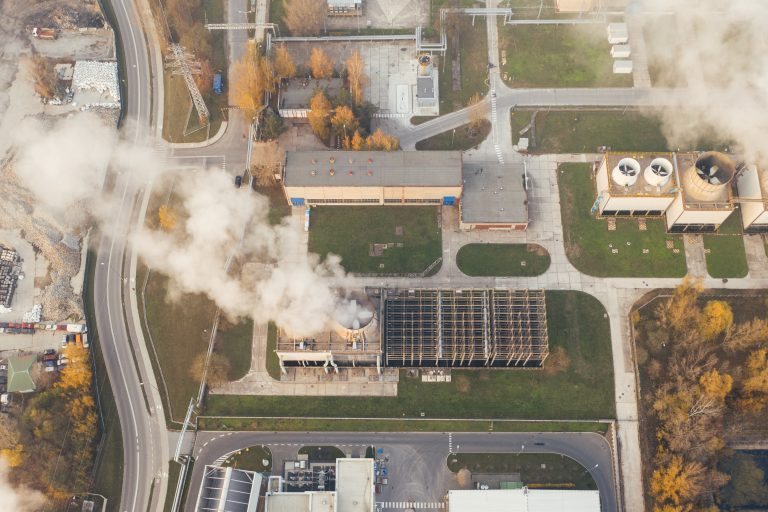
by Alicia Carrasco
CEO olivoENERGY
Home » Decarbonise or disappear
*This article is only available in English on our website.
To read it in Spanish, please visit Fundación Empresa y Clima
Decarbonise or disappear
The urgent need to decarbonise and degasify heat consumption
The industrial sector plays a fundamental role in Spain’s economy, generating employment and contributing to the country’s development. The manufacturing industry represents 11.3% of our country’s GDP, but this sector is also one of the main responsible for GHG emissions. According to data from the Ministry for Ecological Transition and the Demographic Challenge, in 2019 the manufacturing industry was responsible for 22% of the final consumption of fossil fuels, which gives an idea of the urgent need to decarbonize and degas industrial heat consumption in order to achieve the goal of climate neutrality by 2050.
For this reason, industrial decarbonisation has become an unavoidable priority in the fight against climate change. In this context, the search for solutions for industrial decarbonisation has taken a significant step in the right direction. The Industrial Decarbonisation PERTE, backed by a total investment of €11.6 billion, of which €3.1 billion comes from the public sector, has established itself as an essential resource to drive this transition towards a more sustainable industrial sector.
On the other hand, the measures included in the National Integrated Energy and Climate Plan (PNIEC), which are enhanced in part by the implementation of this PERTE, project a significant reduction of more than 20 million tons of CO2 equivalent between 2019 and 2030. This commitment not only strengthens initiatives to support the value chain and decarbonisation of the industry, but also emphasizes the importance of energy efficiency, the use of renewable sources and the circular economy to improve long-term competitiveness. Furthermore, these measures are aligned with the European vision expressed in the European Commission’s “Green Pact Industrial Plan”, published in February 2023, and with the proposed “law on zero net emissions industry” presented in March of the same year. The synergy between these national and European efforts promises to pave the way towards a more environmentally friendly and economically sound industry.

However, this objective is threatened by other pressing problems for the industrial sector, such as rising fuel and raw material prices or the disruption of supply chains, as well as geopolitical factors such as the Russian invasion in Ukraine or the recently reactivated conflict in the Middle East, challenges that negatively affect the weight of industry in Spain’s GDP. On the other hand, the industrial sector will face more and more legal restrictions on the emission of greenhouse gases or atmospheric pollutants, and a foreseeable increase in the price of emission rights for all those sectors that are in the ETS, so it is urgent to accelerate the decarbonization of a key sector for the economy of our country.
How to decarbonize high industrial heat consumption?
Industrial heat consumption in Spain is very high and much of this heat is generated by burning fossil fuels, which contributes significantly to CO2 emissions. This excess of GHG emissions not only affects the environment, but also goes against the commitments made by Spain under the Paris Agreement and European decarbonization policies, which have set the European Union to be climate neutral by 2050.
One of the main obstacles to the transformation of industry is the lack of suitable technologies to decarbonize production processes. Despite technological advances, many industrial companies lack viable solutions to reduce their carbon emissions without compromising their efficiency and competitiveness. Moreover, the economic helplessness of industrial producers is an added problem. The investment required to implement new technologies and more sustainable production systems is significant, and companies face difficulties in financing these projects without adequate support. This creates a cycle of immobility, as many companies feel trapped in obsolete and polluting systems due to financial constraints.
The adaptation of production processes to restrictive deadlines, together with the need for considerable investments, is a critical challenge faced by companies in the sector. The economic viability of these companies is crucial, as competitiveness and possible delocalization are at stake. In fact, the current resources that will materialize in aid through PERTE are insufficient to meet the needs of the sector.
Additionally, the aforementioned competitiveness ends up being unequal in the European market, with state aid from other countries, adding complexity to the decarbonization process in Spain. Other European countries have invested significantly more in their industries and have started to address decarbonization earlier. In comparison, Spain appears to be lagging behind in terms of financing and realistic timelines for decarbonization. Another challenge facing industry in Spain is the slow adaption of energy models.
Despite government and European institutions’ efforts to promote the transition to cleaner energy sources, industry still shows a reluctance to abandon fossil fuels in favor of more sustainable options.
The most interesting solution: using technologies under development for one-off projects
To address these challenges, it is essential to explore and exploit technologies that already have a level of commercial development but have not yet been used to their full potential. The implementation of specific projects that take advantage of these technologies can be an important first step to demonstrate their effectiveness and viability in the Spanish industrial context.
It is also necessary to carry out an integral planning that allows industrial companies to be aware of the technological reality and the opportunities that exist for decarbonisation. This involves the identification of suitable technologies, the evaluation of costs and benefits, and the formulation of implementation strategies that are adapted to the needs and capabilities of each company.
A crucial aspect to accelerate this transformation process is financial support and government assistance. It is essential that the Spanish authorities develop specific support programs that support industrial companies in the adoption of cleaner and more sustainable technologies. Currently, there are grants such as those for thermal storage from the IDAE (Institute for Energy Diversification and Saving) recently closed in September 2023, although more clarity and dissemination is needed on how to access them and how they can be applied in specific projects.
At the technological level, green hydrogen is postulated as a crucial player in this transition, but its full adoption may face obstacles, such as long lead times to develop sustainable projects and dependence on regulatory developments and slow processes for obtaining subsidies. In parallel, other technologies such as heat pumps encounter limitations in operating temperatures that cause them to be discarded in many evaluations of decarbonization equipment in industry.
Therefore, an alternative solution is found for certain industrial sectors whose thermal needs are lower (below 450 ºC) such as the chemical, paper, textile, food, some ceramic processes, gypsum, etc. whose representation in industrial energy consumption in Spain is very decisive: thermal storage.

Thermal storage technologies are currently being developed to decarbonize and electrify industrial systems with renewable heat generation. In Spain, an unmissable opportunity arises due to the direct synergy of these types of systems with massive renewable generation.
A concrete example of technology that can contribute to the decarbonization and electrification of industry in Spain is that proposed by the German company LUMENION. This company has developed an innovative heat storage technology that can play a crucial role in the transformation of industrial processes.
Since its creation, LUMENION, a member of econnext group, has worked worldwide in direct applications in the paper, food, brewing, beverage and chemical industries, among others, decarbonizing heat consumption in the form of steam, water or industrial oils. Its presence in Europe is very strong, highlighting countries such as Germany, Spain and Portugal, as well as collaborating partners at different levels and processes such as the company Vattenfall and the rest of partners/companies of the econnext group.


LUMENION thermal storage system is based on steel, which makes it highly efficient and capable of retaining large amounts of thermal energy for long periods of time. This allows industrial companies to store heat during times of high renewable energy availability and use it when needed, thus reducing their dependence on fossil fuels and gas.
In addition, this technology has the versatility to provide both heat and electricity, making it a comprehensive solution for the decarbonization and electrification of industry.
Therefore, the need to decarbonize and degasify industrial heat consumption in Spain is a challenge that cannot be ignored and on which olivoENERGY has focused.
As an energy transition consultancy working on the promotion of new business models for the decarbonization of the economy, we identify the need to decarbonize industrial heat as a key to reduce GHGs while providing the Spanish industrial sector with solutions that provide them with energy autonomy, improving the competitiveness of their production processes.
The lack of a wide and known range of appropriate technologies, the economic constraints of companies, and resistance to change are barriers that must be overcome. Exploitation of developing technologies, comprehensive planning, and government support are key to moving towards a more sustainable industry.
Examples such as LUMENION demonstrate that there are viable and effective solutions that can contribute to this transformation. The future of the industry in Spain depends on the willingness to adopt a cleaner and more sustainable approach, which will not only reduce CO2 emissions, but also strengthen the competitiveness and resilience of this crucial sector.
Home » Decarbonise or disappear



